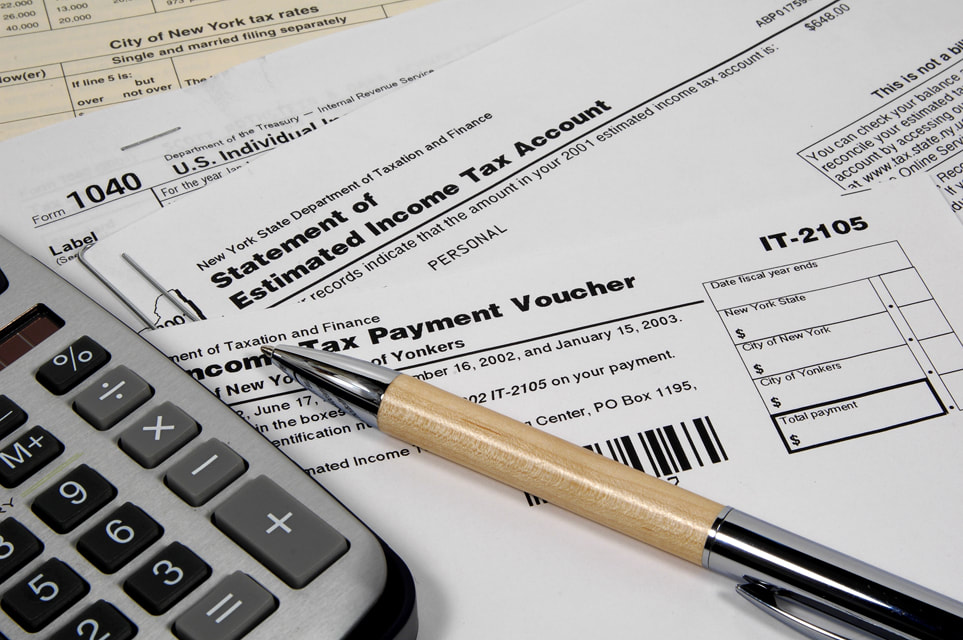|
Are you one of the fortunate few who will be able to rely on a pension in retirement? Pensions are quickly disappearing from employer benefit menus. In 1998, 58 percent of Fortune 500 companies offered pensions, also known as defined benefit plans. By 2015 that figure was down to 20 percent.1
The shift away from pensions is largely due to the growing popularity of the 401(k), which is known as a defined contribution plan. In a pension, the employer is responsible for funding the plan and providing a retirement benefit. In a 401(k) and similar plans, the employer may make some contributions, but the funding responsibility largely lies with the employee.
1 Comment
Tax time is here again. If you’re recently retired, you may be surprised to learn that taxes still play a big role in retirement. Many retirees assume that because they are no longer earning income, taxes won’t be a major expense.
The truth, though, is that taxes are often a significant expense for retirees. Many common sources of retirement income are taxable. Social Security is taxable, as are distributions from traditional IRAs, 401(k) plans and other qualified plans. Pension benefits usually are also taxable. If you don’t plan ahead, you could find that taxes take a big bite out of your retirement budget. You may have less spendable income than you’d expected, and that could limit your ability to enjoy retirement. |
Categories
All
Archives
October 2018
|
|
Safe Retirement Strategies
8900 Indian Creek Parkway Building 6 Suite 250 Overland Park, KS 66210 |
*Guarantees provided by annuities are subject to the financial strength of the issuing insurance company; not guaranteed by any bank or the FDIC. Guaranteed lifetime income available through annuitization or the purchase of an optional lifetime income rider, a benefit for which an annual premium is charged.
This information is designed to provide a general overview with regard to the subject matter covered and is not state specific. The authors, publisher and host are not providing legal, accounting or specific advice for your situation.
Licensed Insurance Professional. Respond and learn how insurance and annuities can positively impact your retirement. This material has been provided by a licensed insurance professional for informational and educational purposes only and is not endorsed or affiliated with the Social Security Administration or any government agency. It is not intended to provide, and should not be relied upon for, accounting, legal, tax or investment advice.
16045 - 2016/8/23 | Privacy Policy
This information is designed to provide a general overview with regard to the subject matter covered and is not state specific. The authors, publisher and host are not providing legal, accounting or specific advice for your situation.
Licensed Insurance Professional. Respond and learn how insurance and annuities can positively impact your retirement. This material has been provided by a licensed insurance professional for informational and educational purposes only and is not endorsed or affiliated with the Social Security Administration or any government agency. It is not intended to provide, and should not be relied upon for, accounting, legal, tax or investment advice.
16045 - 2016/8/23 | Privacy Policy



 RSS Feed
RSS Feed
